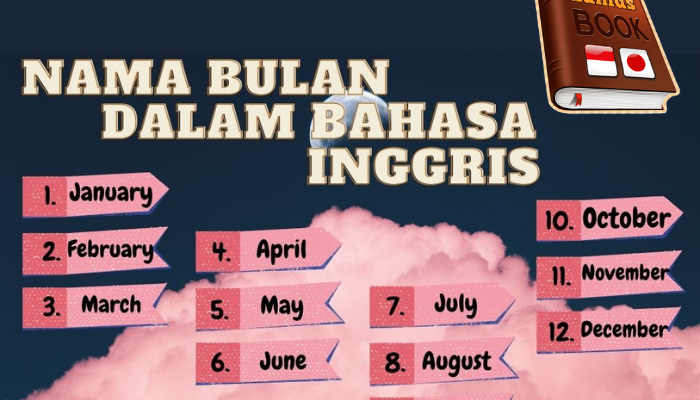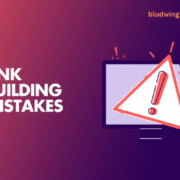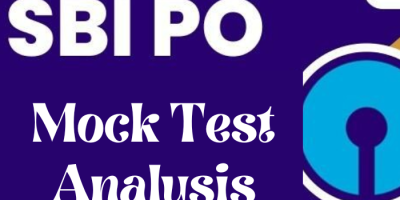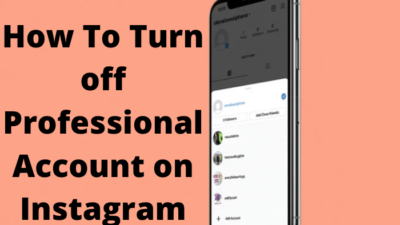In a world where global communication is vital, mastering multiple languages can be a significant advantage. One such language combination that many aspire to learn is Bahasa Inggris ke Bahasa Indonesia or translating English to Bahasa Indonesia. Bahasa Indonesia, the official language of Indonesia, is a rich and expressive language, and being able to translate English into Bahasa Indonesia opens up a world of opportunities for communication and cultural exchange. In this comprehensive guide, we will delve into the intricacies of translating English to Bahasa Indonesia, exploring the linguistic nuances, cultural considerations, and practical tips that will help you become a proficient translator.
Understanding the Basics
Linguistic Differences: English and Bahasa Indonesia belong to different language families. English is a Germanic language with Latin influences, while Bahasa Indonesia is an Austronesian language. Understanding the fundamental linguistic differences is crucial for accurate translation.
Word Order
Bahasa Indonesia typically follows a subject-verb-object (SVO) word order, while English uses subject verb object (SVO) word order. This difference can lead to variations in sentence structure when translating.
Pronunciation
Bahasa Indonesia is known for its phonetic pronunciation, with words generally pronounced as they are written. In contrast, English has numerous irregularities in pronunciation, making it important to pay attention to phonetics when translating.
Tenses and Verb Conjugation
Bahasa Indonesia has a simplified tense system compared to English. Understanding how verbs are conjugated in Bahasa Indonesia is crucial for maintaining grammatical accuracy.
Translating Techniques
Context is Key
Always consider the context when translating. Words can have different meanings based on the surrounding words and sentences. Accurate translation requires a deep understanding of the context in which the text is used.
Idiomatic Expressions
Both English and Bahasa Indonesia have their own idiomatic expressions and colloquialisms. Literal translation may not convey the intended meaning. Familiarize yourself with these expressions to provide natural-sounding translations.
Cultural Sensitivity
Cultural nuances play a significant role in translation. Be aware of cultural references, etiquette, and values. What may be acceptable in one culture may not be in another.
Keep it Concis
Bahasa Indonesia often uses fewer words to express the same idea compared to English. Strive for clarity and conciseness in your translations while maintaining the original meaning.
Challenges in Translation
Lack of Direct Equivalents
Some words and concepts in English may not have direct equivalents in Bahasa Indonesia, and vice versa. Translators often need to find creative ways to convey the intended meaning.
Tonal Variation
Bahasa Indonesia uses tone to distinguish between different meanings of the same word. This tonal variation can be challenging for English speakers to grasp.
Indonesian Formality Levels
Bahasa Indonesia has different levels of formality, which dictate how you address others. Understanding when to use formal and informal language is essential.
Gender Neutral Language
Bahasa Indonesia traditionally lacks gender neutral pronouns, which can be challenging when translating gender inclusive English content.
Tools and Resources
Online Dictionaries
Utilize online dictionaries and translation tools like Google Translate, but always cross-reference with multiple sources for accuracy.
Language Courses
Consider enrolling in language courses or hiring a language tutor to improve your Bahasa Indonesia skills.
Style Guides
Familiarize yourself with style guides specific to Bahasa Indonesia, which can provide guidance on grammar, punctuation, and language usage.
Conclusion
Translating English to Bahasa Indonesia is a valuable skill that requires a deep understanding of both languages, as well as cultural sensitivities. With dedication, practice, and the right resources, you can become a proficient translator and bridge the gap between these two diverse linguistic worlds. Whether you’re translating for business, travel, or personal enrichment, the ability to convey ideas accurately and effectively in Bahasa Indonesia is a rewarding endeavor that can open doors to new opportunities and connections.















Comments